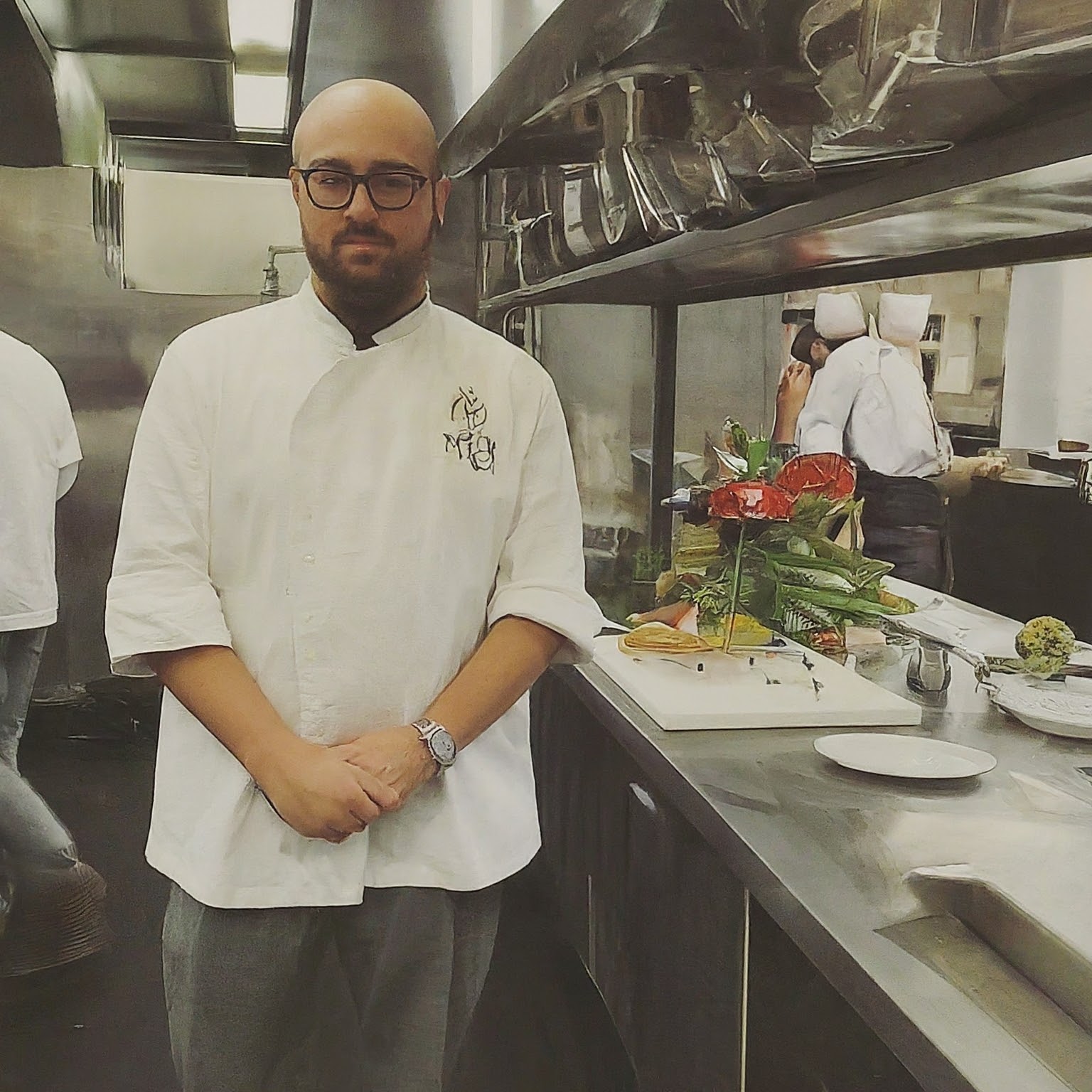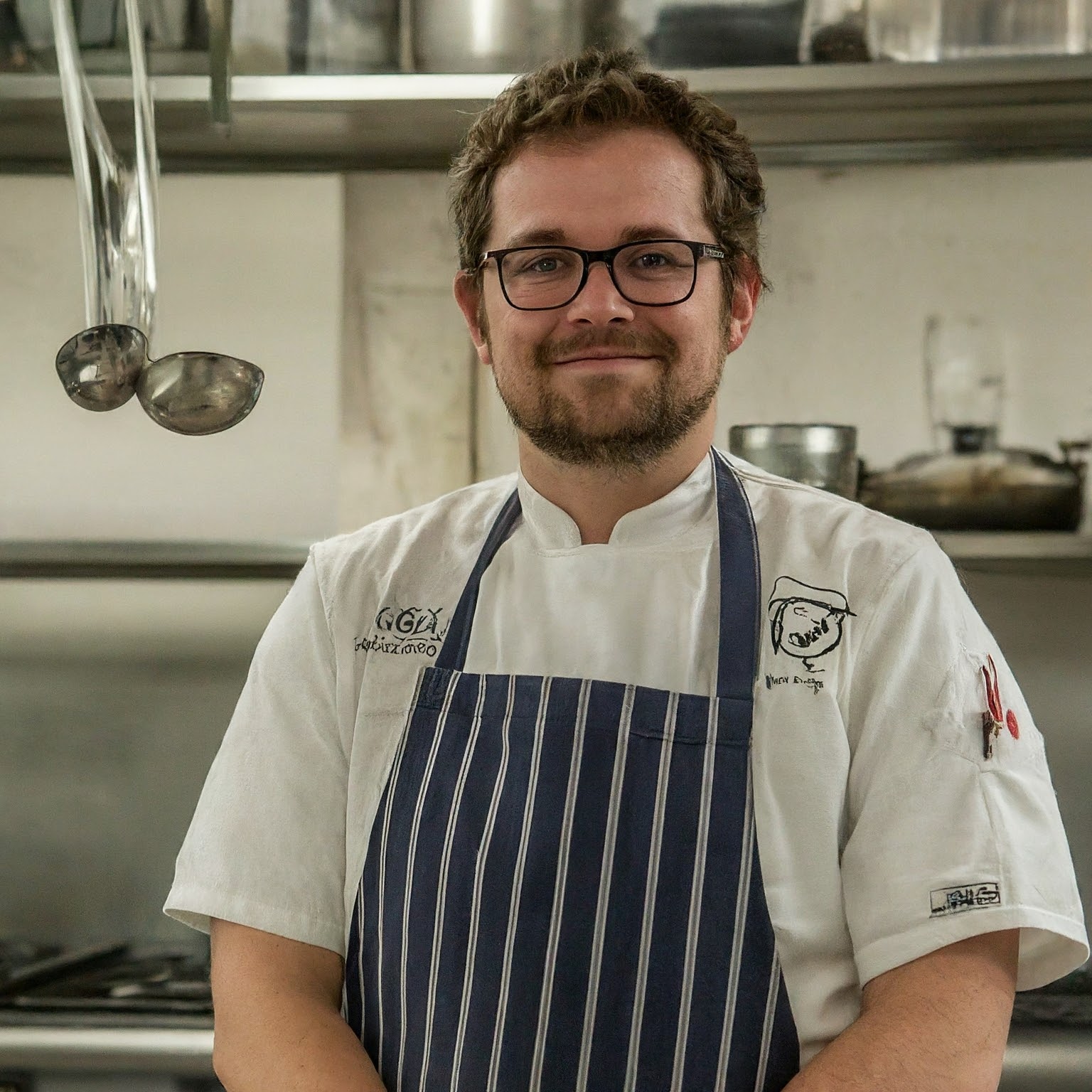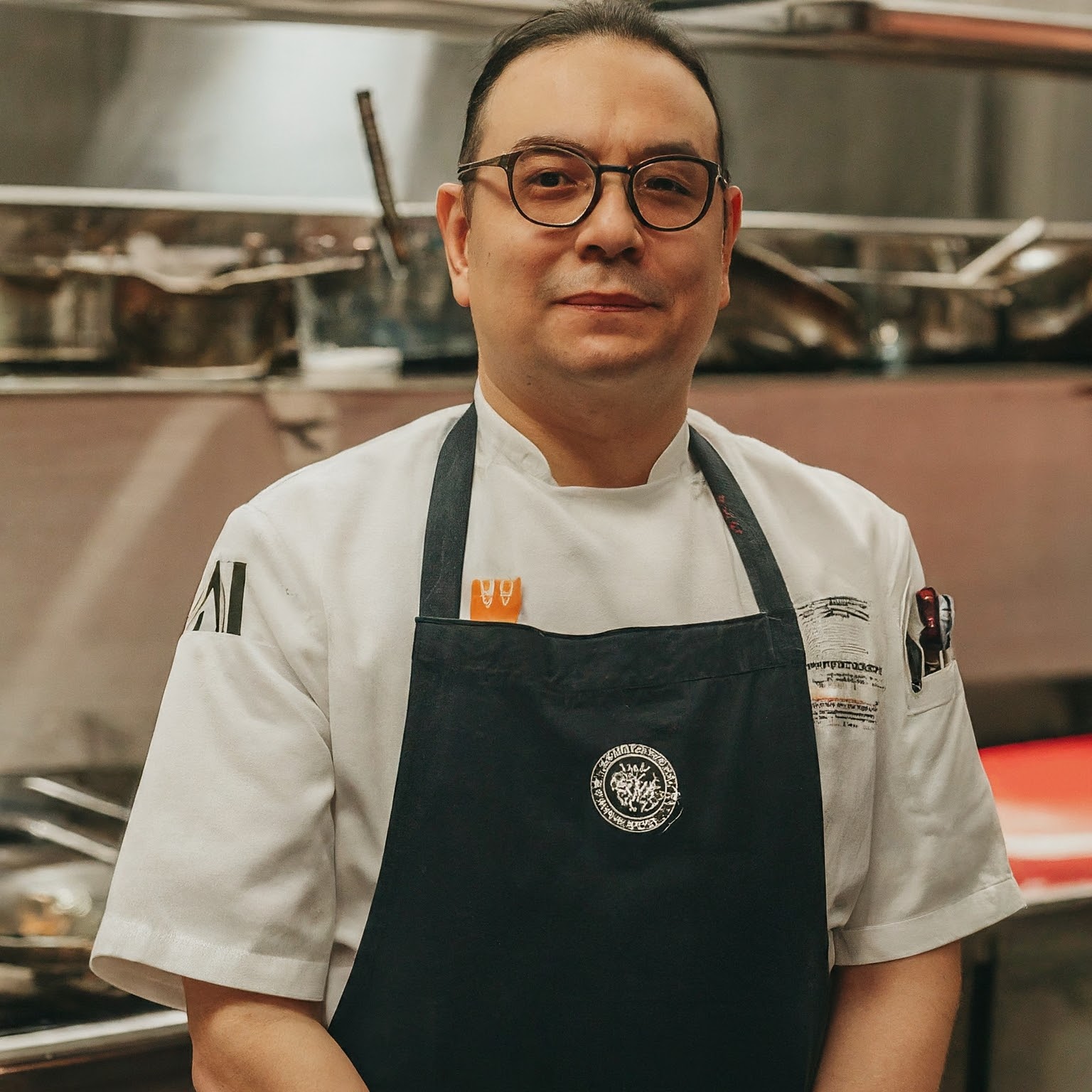
A sous chef
The culinary world is rich with a hierarchy of roles, each crucial to the smooth operation of a professional kitchen.
Among these roles, the sous chef stands out as a key player, often described as the second-in-command. But what exactly does a sous chef do?
What skills and responsibilities define this position? This article delves into the meaning of a sous chef, exploring their roles, skills, and the path to becoming one.
Introduction
The title “sous chef” comes from the French word “sous,” meaning “under,” indicating that a sous chef works directly under the head or executive chef.
This role is integral to the culinary brigade system, ensuring the kitchen runs smoothly and efficiently.
A sous chef’s responsibilities are diverse, encompassing both managerial and culinary tasks, making it a vital role in any professional kitchen.
Roles and Responsibilities
A sous chef’s day is filled with a variety of tasks, all aimed at maintaining the high standards of the kitchen. These responsibilities can be broadly categorized into culinary duties, management roles, and administrative tasks.
Culinary Duties
- Food Preparation: A sous chef oversees the preparation of all food items, ensuring they meet the kitchen’s standards for taste, presentation, and timing.
- Cooking and Plating: During service, the sous chef is often found on the line, cooking and plating dishes, ensuring consistency and quality.
- Menu Development: Collaborating with the executive chef, the sous chef contributes to the creation and refinement of menus, bringing creativity and innovation to the table.
Management Roles
- Staff Supervision: The sous chef supervises kitchen staff, from line cooks to dishwashers, ensuring everyone performs their duties efficiently.
- Training and Mentoring: They play a critical role in training new staff and mentoring junior chefs, helping them develop their skills and advance in their careers.
- Quality Control: Ensuring that every dish that leaves the kitchen meets the restaurant’s standards for quality and presentation is a key part of the sous chef’s role.
Administrative Tasks
- Inventory Management: The sous chef manages inventory, ensuring the kitchen is well-stocked with fresh ingredients and supplies.
- Scheduling: Creating and managing staff schedules to ensure adequate coverage during busy periods.
- Health and Safety: Ensuring the kitchen adheres to health and safety regulations, maintaining cleanliness and organization.
Skills and Qualities
To excel as a sous chef, one must possess a blend of culinary skills, leadership qualities, and organizational abilities.
- Culinary Expertise: A deep understanding of cooking techniques, flavors, and food presentation is essential.
- Leadership: The ability to lead and motivate a team, maintain discipline, and foster a positive working environment.
- Time Management: Efficiently managing time to handle multiple tasks and ensure smooth kitchen operations.
- Problem-Solving: Quickly address any issues that arise during service, from equipment malfunctions to staffing problems.
- Communication: Clear and effective communication with kitchen staff and front-of-house to ensure seamless service.
Path to Becoming a Sous Chef
The journey to becoming a sous chef typically involves years of experience and dedication in the culinary field. Here are the common steps:
- Education: Many sous chefs start with a formal education in culinary arts from a culinary school or college.
- Entry-Level Positions: Starting in entry-level kitchen roles, such as line cook or commis chef, to gain hands-on experience.
- Gaining Experience: Working in various kitchen roles and environments to build a broad skill set and understanding of kitchen operations.
- Advancement: Demonstrating leadership and culinary skills to advance to higher positions, such as chef de partie or station chef.
- Mentorship: Working under experienced chefs to learn advanced techniques and management skills.
- Certification: Some sous chefs pursue certification from culinary organizations, which can enhance their credentials and job prospects.
Q&A: Discover the Meaning of a Sous Chef
Q1: What is a sous chef?
A1: A sous chef is the second-in-command in a kitchen, working directly under the executive or head chef.
The term “sous chef” comes from the French word “sous,” meaning “under,” indicating their supportive role in managing kitchen operations, food preparation, and staff supervision.
Q2: What are the main responsibilities of a sous chef?
A2: The main responsibilities of a sous chef include overseeing food preparation, cooking, and plating dishes, developing menus, supervising kitchen staff, training and mentoring junior chefs, managing inventory, creating staff schedules, and ensuring compliance with health and safety regulations.
Q3: How does a sous chef differ from an executive chef?
A3: An executive chef is the highest-ranking chef in the kitchen, responsible for overall kitchen management, menu creation, and strategic planning.
A sous chef acts as the executive chef’s deputy, focusing more on day-to-day operations, direct supervision of kitchen staff, and hands-on culinary tasks.
Q4: What skills are essential for a sous chef?
A4: Essential skills for a sous chef include culinary expertise, leadership, time management, problem-solving, and effective communication.
They must be proficient in cooking techniques, flavors, and presentation while also being able to lead and motivate a team, manage time efficiently, address issues quickly, and communicate clearly.
Q5: What kind of education is required to become a sous chef?
A5: Many sous chefs have a formal education in culinary arts from a culinary school or college. This education provides foundational knowledge and skills in cooking techniques, kitchen operations, and food safety.
However, practical experience and on-the-job training are also crucial for becoming a successful sous chef.
Q6: What career path typically leads to becoming a sous chef?
A6: The typical career path to becoming a sous chef involves starting in entry-level kitchen positions, such as line cook or commis chef, to gain hands-on experience.
As they develop their skills and demonstrate leadership, they may advance to roles like chef de partie or station chef. With sufficient experience and mentorship, they can then progress to the sous chef position.
Q7: How important is experience in becoming a sous chef?
A7: Experience is vital in becoming a sous chef. While formal education provides a foundation, real-world experience in various kitchen roles and environments helps build the necessary skills, knowledge, and leadership abilities.
Experience also allows aspiring sous chefs to understand kitchen dynamics and develop their problem-solving skills.
Q8: What types of establishments employ sous chefs?
A8: Sous chefs are employed in various establishments, including high-end restaurants, resorts, private households, catering companies, and more. Essentially, any professional kitchen that requires a structured hierarchy to manage its operations effectively can employ sous chefs.
Q9: What are the benefits of being a sous chef?
A9: Benefits of being a sous chef include gaining significant culinary and managerial experience, developing leadership skills, having the opportunity to be creative with menu development, and being a key part of a kitchen’s success.
It also provides a solid stepping stone to advance to the position of an executive chef.
Q10: Can a sous chef specialize in a particular cuisine or style of cooking?
A10: Yes, sous chefs can specialize in particular cuisines or styles of cooking. Specialization allows them to develop deeper expertise in a specific area, such as French cuisine, Italian cuisine, pastry arts, or molecular gastronomy, making them valuable assets to kitchens that focus on those culinary styles.
Q11: What challenges do sous chefs face?
A11: Challenges faced by sous chefs include managing the stress and high demands of a busy kitchen, maintaining high standards under pressure, handling conflicts among staff, and balancing the diverse tasks of culinary and managerial duties.
They must also adapt to evolving food trends and customer expectations.
Q12: What is the role of a sous chef in menu development?
A12: In menu development, a sous chef collaborates with the executive chef to create and refine dishes.
They bring creativity and innovation to the process, test new recipes, and ensure that menu items can be consistently produced to high standards. They also consider factors like ingredient availability and cost.
Q13: How does a sous chef contribute to kitchen efficiency?
A13: A sous chef contributes to kitchen efficiency by organizing and overseeing food preparation, managing staff schedules, ensuring clear communication, and streamlining processes.
Their leadership and problem-solving skills help prevent bottlenecks, resolve issues swiftly, and maintain a smooth workflow.
Q14: What impact does a sous chef have on a restaurant’s success?
A14: A sous chef has a significant impact on a restaurant’s success by ensuring high-quality food production, maintaining kitchen organization, and fostering a positive work environment.
Their role in managing daily operations and upholding standards directly influences customer satisfaction and the overall performance of the kitchen.
Conclusion
The role of a sous chef is multifaceted and demanding, requiring a blend of culinary expertise, leadership skills, and organizational abilities.
It is a crucial position that supports the executive chef and ensures the kitchen operates smoothly.
For those passionate about cooking and aspiring to advance in the culinary world, the journey to becoming a sous chef is both challenging and rewarding, offering opportunities to grow, lead, and create culinary excellence.
Whether working in a high-end restaurant, a bustling hotel kitchen, or a cozy bistro, the sous chef is integral to delivering exceptional dining experiences.





